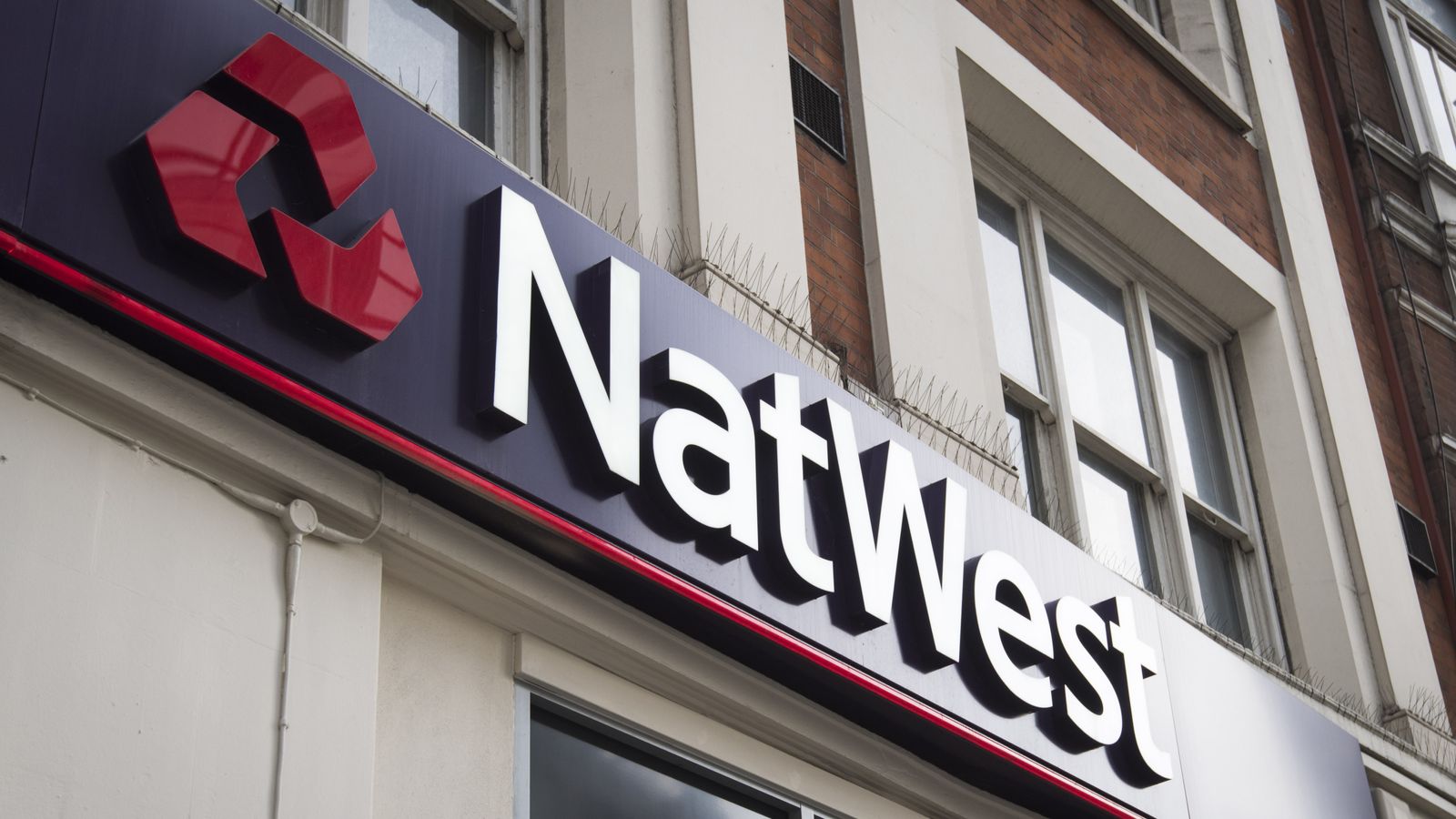NatWest has reported a pre-tax operating profit of £1.1bn in the third financial quarter.
The profit for the months July to September was better than the £677m average of analyst forecasts and was also up from £355m a year ago.
It comes despite a £294m litigation and conduct charge for the quarter – which includes provisions for an anticipated fine after the bank pleaded guilty earlier this month to failing to prevent the laundering of £365m.
Chief Executive, Alison Rose, said: “Throughout Q3, NatWest continued to deliver a strong operating performance; growing in key areas and accelerating our digital transformation to improve customer experience and make our business more efficient.
“Our robust capital position means that we have been able to buy back around £402m of our shares, whilst also investing for growth as we support our customers and drive sustainable returns to our shareholders.
“Although we are seeing challenges in the economy and for our customers – especially around supply chains and the cost of living – a number of key indicators remain positive; growth is good, unemployment is low and there are limited signs of default across our book.
“We have a vital role to play in helping the 19 million people, families and businesses we serve in communities throughout the UK to thrive.”
COVID-19: Pandemic left vulnerable workers open to abuse and exploitation, says report by charity
Facebook changes its name to Meta as part of company rebrand
France fishing row: Environment minister George Eustice says ‘two can play at that game’ after ‘unacceptable’ threat
Barclays, HSBC and Lloyds have already announced bumper profits this month, all helped by the release of money that had been set aside to cover bad loans expected as a result of the coronavirus pandemic.
For NatWest, this resulted in the unlocking of £242m as the economic outlook has improved.
However, the money laundering case will continue to cloud the bank’s good news, as they expect a “very large fine” to be imposed at the next hearing in December.
The case, which concerned “large cash deposits” of £365m into a sole UK customer’s accounts, was the first brought against a bank under money laundering regulations overseen by the Financial Conduct Authority (FCA).
The regulations require a financial firm to determine and conduct risk sensitive monitoring of customers for the purposes of preventing money laundering.
NatWest, during court proceedings earlier this year, acknowledged “relevant operational failures… between 2012 and 2016” in the action, which concerned the activities of Bradford-based jeweller Fowler Oldfield – shut down following a police raid in 2016.
The bank, which remains 55%-owned by the state following the old RBS Group’s financial crisis bailout, said its failures “included weaknesses in some of the bank’s automated systems as well as certain shortcomings in adherence to monitoring and investigations procedures.”






















